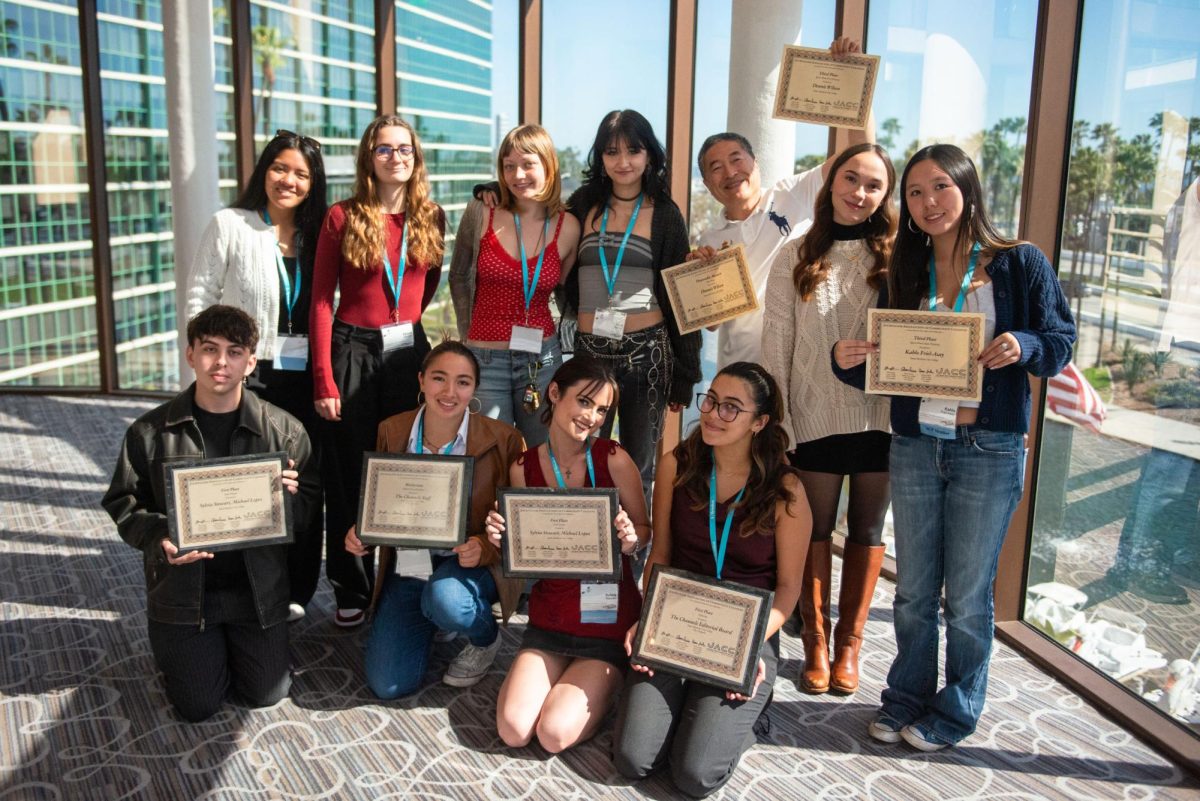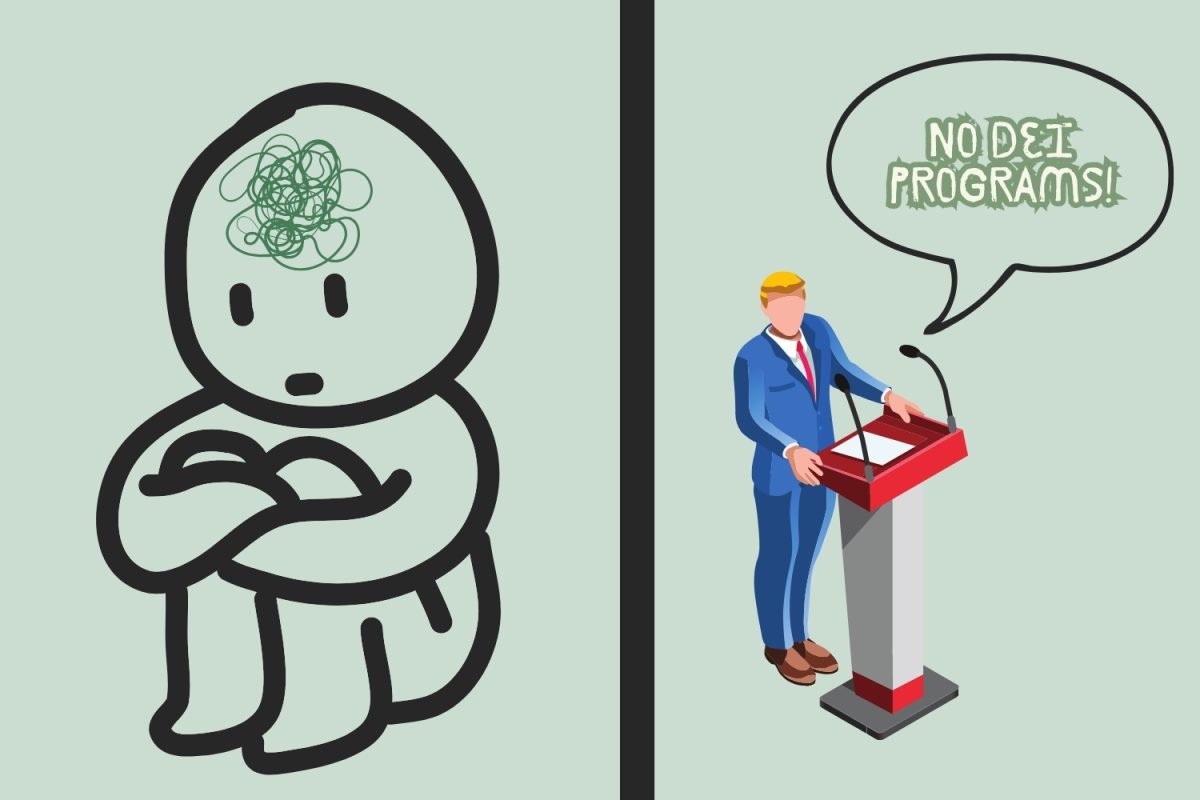City College has officially become one of the 57 California Community Colleges that has adopted the Umoja Program, a transfer success program geared towards African-American and other black students.
“I always compare Umoja to the black version of iPath,” said Saturne Tchabong, one of the two student workers for Umoja and the president of the Black Student Union. “It is this beautiful organization that really helps to improve the quality of life for black students on campus, particularly in academics.”
“Umoja” is a Kiswahili word meaning unity, which exemplifies what the program aims to do. According to its mission statement, the program “actively serves and promotes student success for all students through a curriculum and pedagogy responsive to the legacy of the African and African American Diasporas.”
Dr. Christopher Johnson, the faculty adviser for Umoja, stressed that although the official Umoja website uses the terms “African” and “African-American,” there are many students of color who are not of African decent that would benefit from Umoja. The term “black” is more encompassing and accurate for those students, Johnson said.
“As the lowest performing group on campus, black students need more attention in the classroom,” Tchabong said. “Umoja will be able to offer classes in personal development and in English that are geared specifically towards black students.”
Johnson compared Umoja classes to classes in the Express to Success Program, which are linked to each other. Teachers will work together to support black students across multiple classes to ensure they have higher rates of academic success.
“What Umoja students are learning in their personal development class will tie into what they are learning in their English or Math sequence,” Johnson said. “There will be a focus on being what I like to call ‘unapologetically black.’ Students being able to embrace who they are in the classroom setting really does help them to perform better.”
Krystle Farmer, the other student worker for Umoja and the elected student advocate on the student senate, said that until the Umoja program and its classes are fully up and running, her biggest goal is to get already existing programs to implement some of the Umoja values and principles.
“Our biggest focus right now is on collaboration,” Farmer said. “Other programs like Express to Success can incorporate parts of the Umoja program to help the black students already utilizing those programs. When students see themselves reflected in the curriculum, they can connect to what they’re learning.”
In addition to classes geared towards black student success, other services that Umoja offers are “assessment, orientation, counseling and completing an educational plan which articulates an academic pathway to a student’s career goal,” according to the program’s main website. These are all goals that the three Umoja members at City College hope to implement locally.
Because the program is so new at City College, there isn’t a space dedicated to it on campus aside from a small office shared by Tchabong and Farmer. Johnson said he hopes to secure a space in Campus Center Room 226 by this year’s fall semester, stressing its importance as a place where black students can hang out and feel a sense of belonging on campus.
Umoja is funded by the state, and in May of 2015 the California Community Colleges Board of Governors awarded Umoja over $2 million to expand across more California Community Colleges. The Umoja community at City College does not currently have a dedicated budget, but instead secured funds from The Equity Committee for the salaries of the student workers.
Farmer and Johnson have also attended conferences like the A²MEND Conference earlier in March that was about helping black men succeed academically and professionally.
According to Johnson, the funds for attending these conferences and other parts of the program come from the Student Support and Services Program and the Equity Committee. Johnson said he does not yet have the exact amounts of money being taken from these sources to fund Umoja.




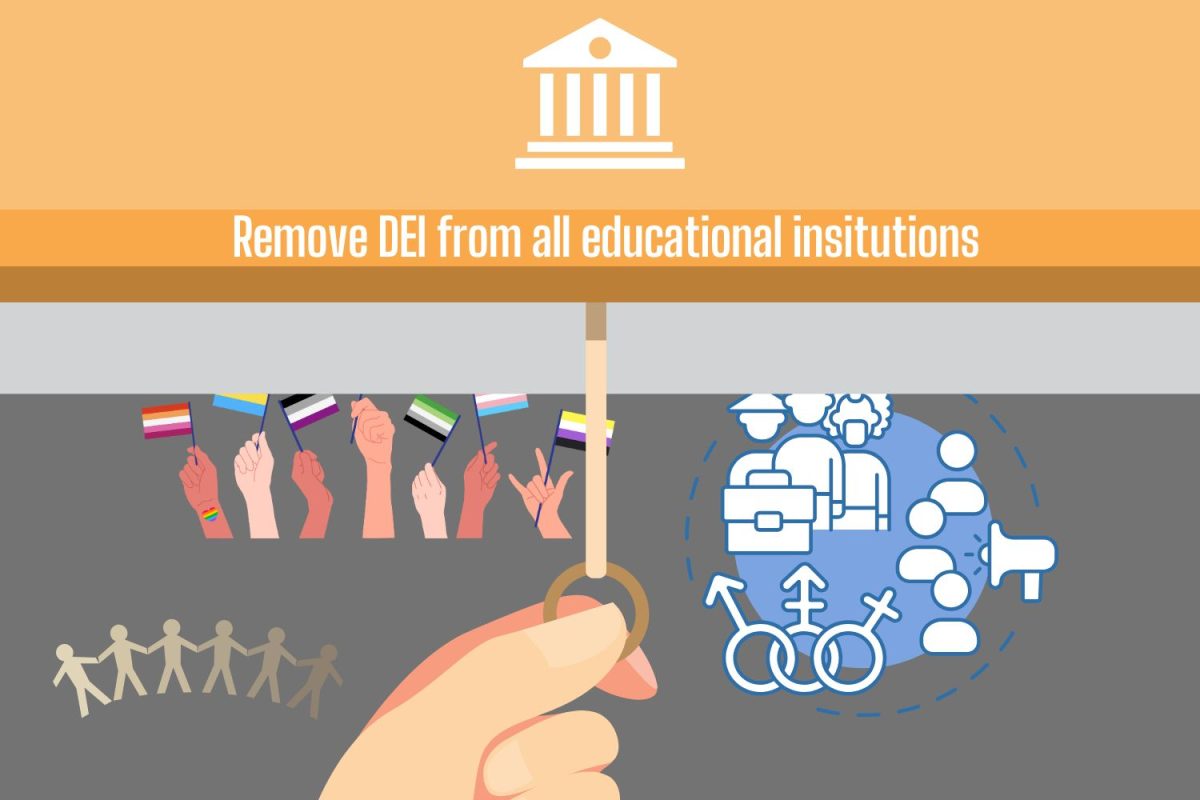

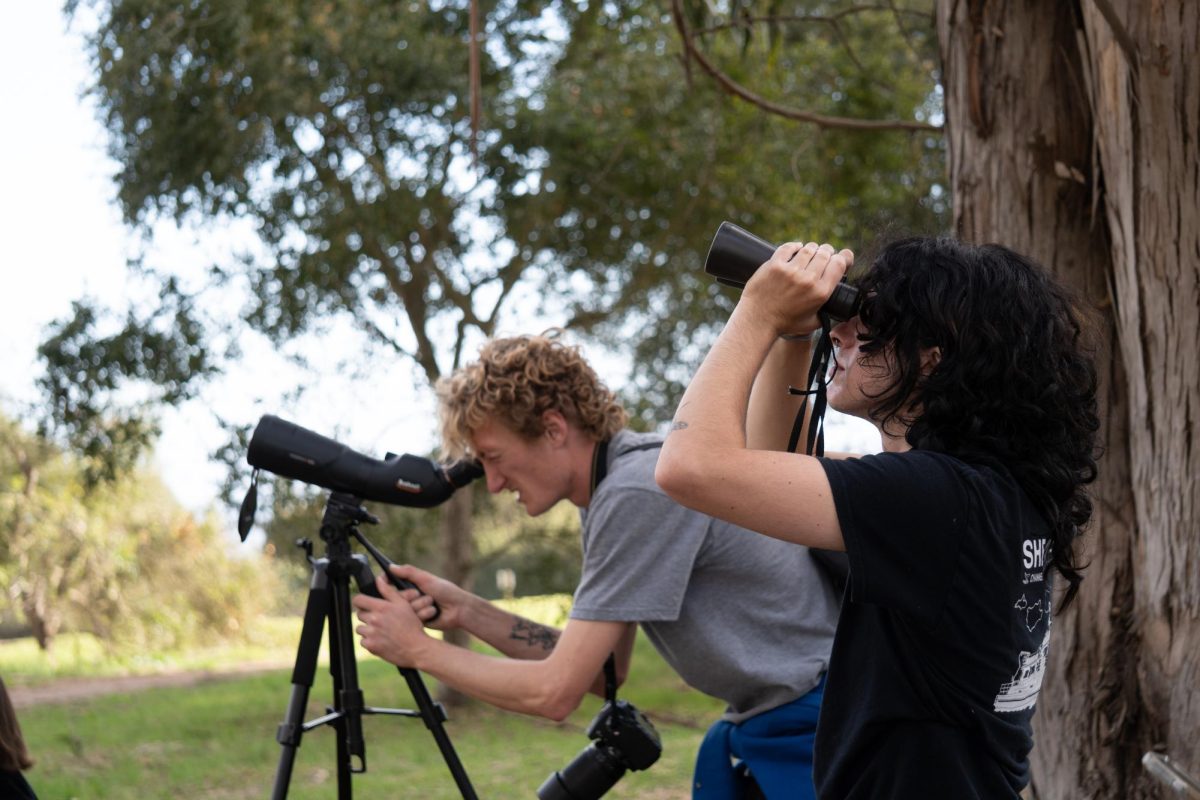
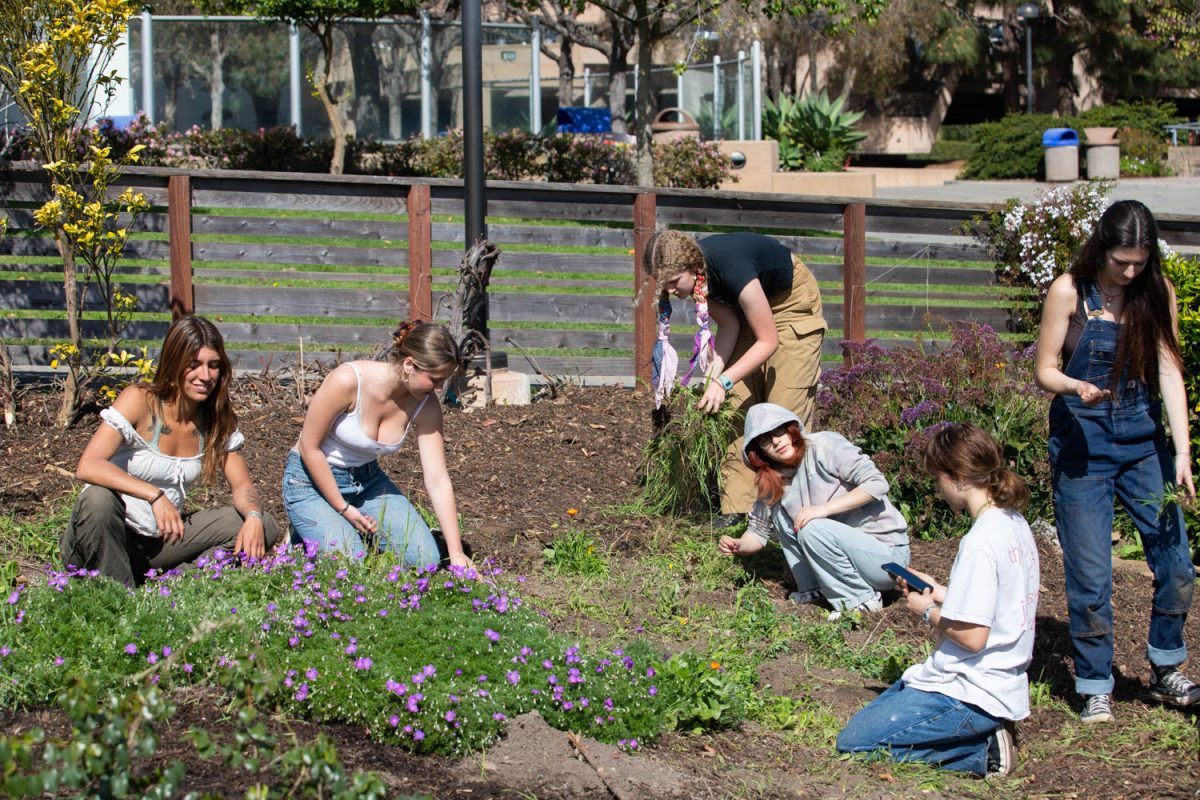

![On Feb. 12 the Multimodal Lab held a poetry open mic for students, staff and faculty in Santa Barbara, Calif. “I'm glad there is space here at this school [...] that people can talk about what they are feeling on the inside and whatever feelings they’ve got,” Russom said.](https://www.thechannels.org/wp-content/uploads/2025/02/MGSMultimodal-3-1-1200x800.jpg)


